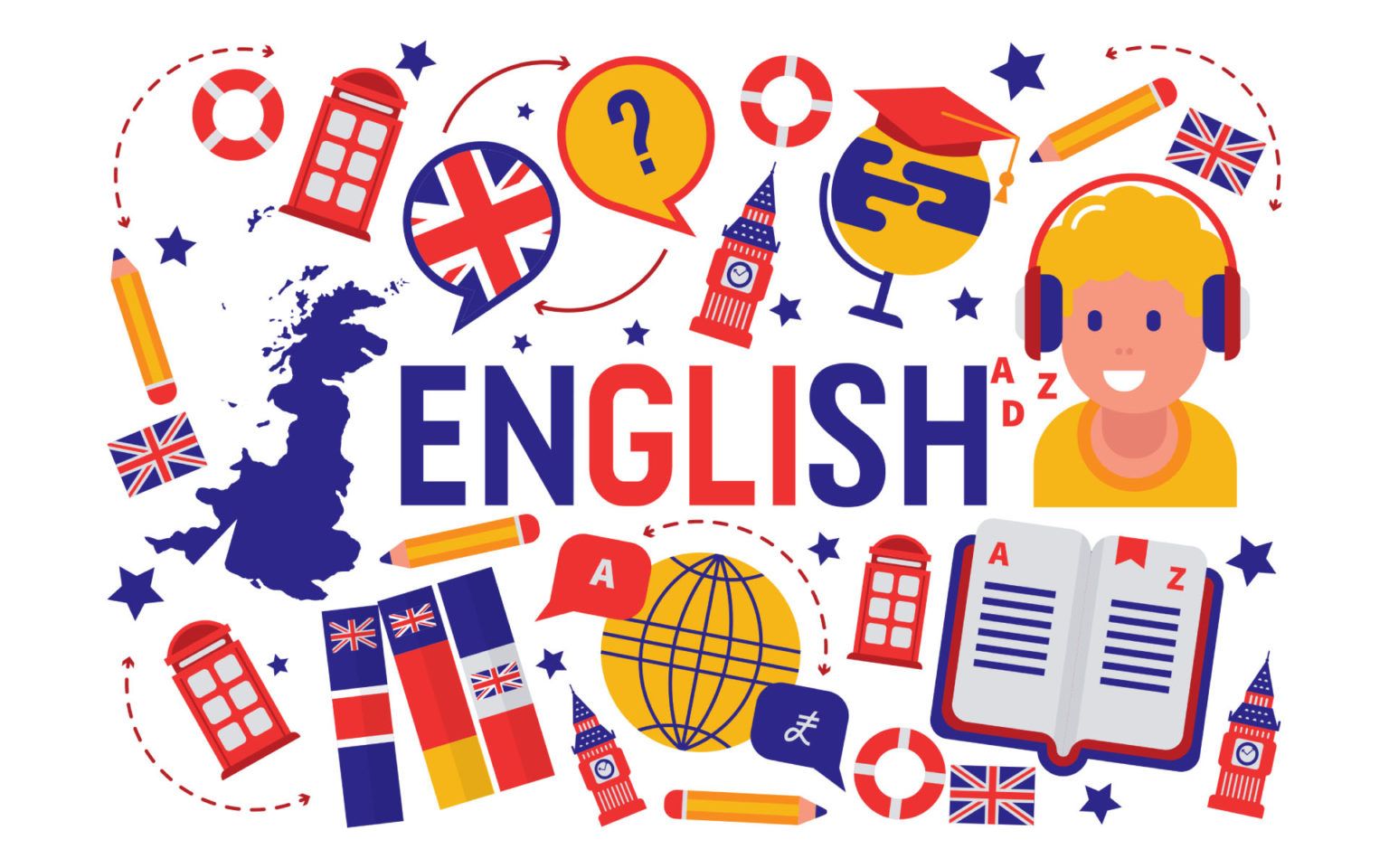English Course

An English course typically covers various aspects of the English language, including grammar, vocabulary, reading, writing, speaking, and listening skills. These courses are designed to help learners improve their proficiency in English, whether for academic, professional, or personal reasons. English courses are available at different levels, ranging from beginner to advanced, to accommodate learners with varying levels of proficiency.
DURATION:
Entry Requirement : English Course
Course Duration : 2 to 3 months
Mode of Training : Face to face Instructor led Training
Materials : Course books will be provided to each participant
Here's an overview of what you can expect from an English course:
1. Grammar and Syntax:
- English grammar lessons typically start with the basics, covering nouns, pronouns, verbs, adjectives, adverbs, prepositions, conjunctions, and interjections.
- As learners progress, they delve into more complex grammar topics such as verb tenses (present, past, future), sentence structure (simple, compound, complex), and the use of articles, modals, and auxiliary verbs.
- Grammar exercises may include fill-in-the-blank exercises, error correction tasks, sentence transformation activities, and quizzes to reinforce learning.
2. Vocabulary Building:
- Vocabulary-building activities aim to expand learners' word banks and improve their lexical knowledge.
- Learners encounter new words through reading passages, listening exercises, and vocabulary lists organized by theme or topic.
- Strategies for learning and retaining vocabulary include using flashcards, mnemonics, word association techniques, and context clues from reading and listening.
3. Reading Comprehension:
- Reading comprehension activities help learners develop their ability to understand and interpret written texts.
- Learners practice various reading skills such as skimming, scanning, predicting, summarizing, and making inferences.
- Reading materials range from short articles, essays, and news stories to longer passages from literature, academic texts, and authentic materials.
4. Writing Skills:
- Writing skills are honed through a series of writing tasks designed to improve clarity, coherence, and organization.
- Learners practice different types of writing, including emails, letters, essays, reports, and creative writing pieces.
- Writing assignments may focus on specific skills such as brainstorming, outlining, drafting, revising, and editing, with feedback provided by instructors or peers.
5. Speaking and Pronunciation:
- Speaking practice helps learners develop fluency, accuracy, and confidence in spoken English.
- Pronunciation drills target specific sounds, stress patterns, intonation, and rhythm to improve intelligibility.
- Speaking activities include role-plays, presentations, discussions, debates, and conversational exercises designed to simulate real-life communication situations.
6. Listening Skills:
- Listening comprehension activities expose learners to different accents, speech rates, and styles of spoken English.
- Learners practice listening for main ideas, specific details, gist, and inference through various listening materials such as podcasts, lectures, interviews, and audio recordings.
- Listening tasks are followed by comprehension questions, discussions, or activities that reinforce understanding.
7. Cultural and Sociolinguistic Aspects:
- English courses explore cultural and sociolinguistic aspects of the English language to help learners navigate cross-cultural communication effectively.
- Topics may include cultural values, etiquette, customs, gestures, idiomatic expressions, slang, and regional variations in English.
- Learners gain insights into cultural norms and communication conventions that influence interactions in English-speaking contexts.
8. Test Preparation:
- Test preparation courses focus on familiarizing learners with the format, content, and strategies needed to succeed in standardized English proficiency exams.
- Practice tests, sample questions, and test-taking tips help learners build confidence and improve their performance on exams such as TOEFL, IELTS, Cambridge English exams, or other proficiency tests.
English courses is offered in various formats, including intensive programs, part-time classes, online courses, self-study materials, and private tutoring sessions. The curriculum, teaching methods, and materials used may vary depending on the needs
Whether learners are aiming to improve their English for academic, professional, or personal purposes, English courses offer structured learning opportunities to help them achieve their language goals.

